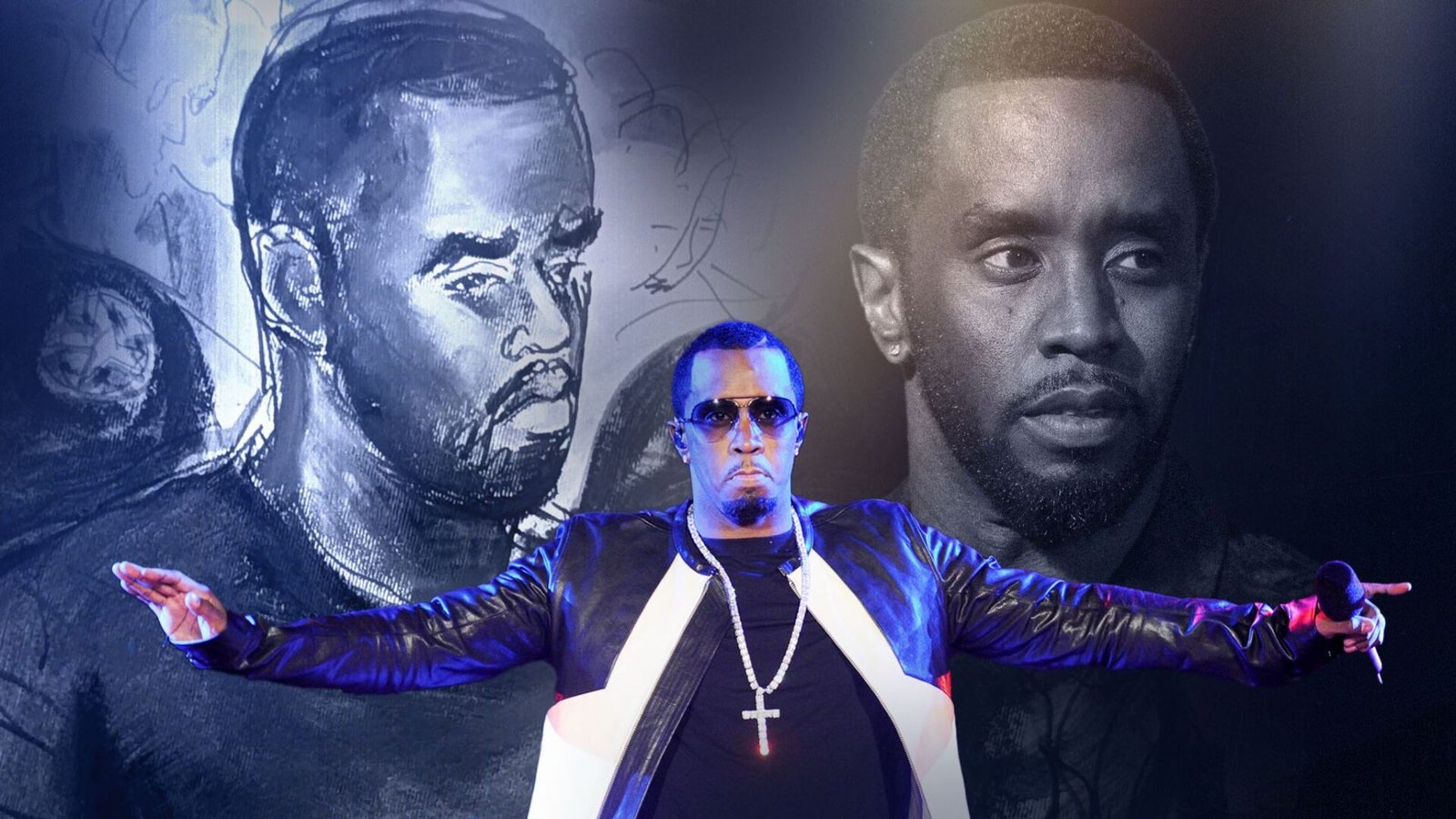NEW YORK, United States — Hip-hop mogul Sean ‘Diddy’ Combs has been denied bail by a judge following a jury’s decision to convict him on a charge of transportation to engage in prostitution, while simultaneously acquitting him of the more severe charges of racketeering and sex-trafficking.
Despite arguments from Combs’ legal team that he posed no flight risk, citing his chartered jet in Hawaii, Judge Arun Subramanian ruled that the rapper must remain incarcerated. The judge cited Combs’ “history of violence” as a primary reason for denying bail.
Combs faces a potential sentence of up to 20 years in prison when he is sentenced later this year, with a tentative date set for October 3. He will continue to be held at the federal jail in Brooklyn where he has been detained since last September.
The nearly two-month federal trial in New York City saw prosecutors accuse Combs of leveraging his celebrity and extensive business empire to operate a criminal enterprise focused on sex trafficking women. A panel of 12 jurors deliberated for 13 hours before delivering a verdict that acquitted Combs of three of the five most serious charges against him.
Combs’ attorney, Marc Agnifilo, made an impassioned plea for his client’s release, highlighting Combs’ participation in a domestic violence perpetrators’ program prior to his arrest and asserting that he had not exhibited violent behavior since 2018. “I just think we should trust him,” Agnifilo stated in court.
However, musician Casandra Ventura, Combs’ ex-girlfriend, had previously submitted a letter to the court, warning that the hip-hop mogul could pose a danger if granted bail. While Combs has acknowledged past domestic violence, he consistently denied any non-consensual sexual encounters or involvement in a broader racketeering scheme.
Judge Subramanian underscored the defense’s concession on violence in Combs’ personal relationships as a key factor in the bail denial, noting that “the defence conceded violence in his personal relationship.”
An emotional atmosphere pervaded the courtroom as jurors announced Combs’ acquittal on the charges of racketeering and sex trafficking, both of which carry a maximum sentence of life in prison. Upon hearing the verdict, Combs reportedly knelt, buried his face in his chair, appearing to pray, and was visibly shaking.
This verdict came a day after jurors informed the court they had reached a decision on the sex-trafficking and transportation to engage in prostitution charges but remained deadlocked with “unpersuadable” opinions on the racketeering count, described as the most complex charge Combs faced.
The racketeering conspiracy charge, formally known as directing an illegal enterprise under the Racketeer Influenced and Corrupt Organizations Act (Rico), required prosecutors to prove Combs used a loyal network of associates to commit various crimes, including sex trafficking, kidnapping, drugging, and obstruction of justice.
Defense lawyers countered that the case could not constitute racketeering if Combs’ staff members were not knowingly complicit in the alleged criminal activities.
Throughout the seven-week trial, prosecutors presented testimony from over 30 witnesses, including Ms. Ventura, rapper Kid Cudi, several former employees, and hotel security personnel. They alleged that Combs relied on employees to coerce his partners into so-called “freak-offs,” where his girlfriends would engage in sex with a male escort while he watched and filmed.
Ms. Ventura, testifying while eight months pregnant, told the court that Combs pressured her into sexual acts and threatened to release tapes of these “freak-offs” if she disobeyed.
On Wednesday, Ms. Ventura reiterated her concerns about Combs’ potential danger if released on bail.
Also Read: Sean ‘Diddy’ Combs used fame and violence to abuse women, prosecutors claim as trial begins
Her attorney, Douglas Wigdor, stated in a letter to the court: “Ms Ventura believes that Mr Combs is likely to pose a danger to the victims who testified in this case, including herself, as well as to the community.”
A central piece of evidence for the prosecution was a 2016 surveillance video showing Combs assaulting and dragging Ms. Ventura in a Los Angeles hotel hallway, footage that security employees testified Combs attempted to pay them to delete.
While Combs’ attorneys conceded his client had been violent towards women, they contended his behavior was driven by drug use and jealousy, not indicative of a larger sex trafficking and racketeering operation.
Beyond this trial, Combs faces dozens of civil lawsuits alleging sexual assault and violence. The Harlem-born rapper founded Bad Boy Records in 1993, a label that launched the careers of major hip-hop artists like Notorious B.I.G. and Usher.
His business empire later expanded to include the Sean John clothing line, fragrances, alcohol brands, and a media company.


